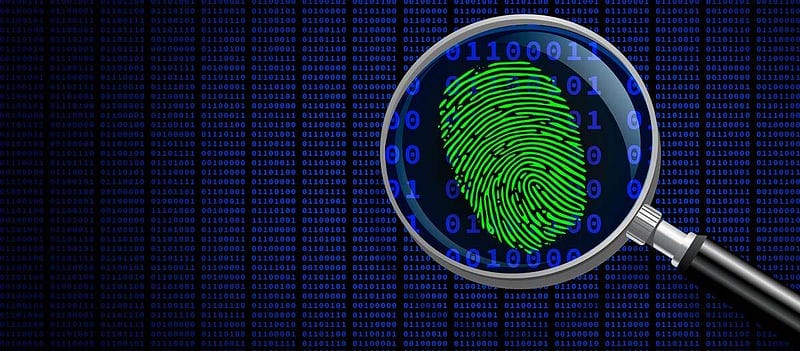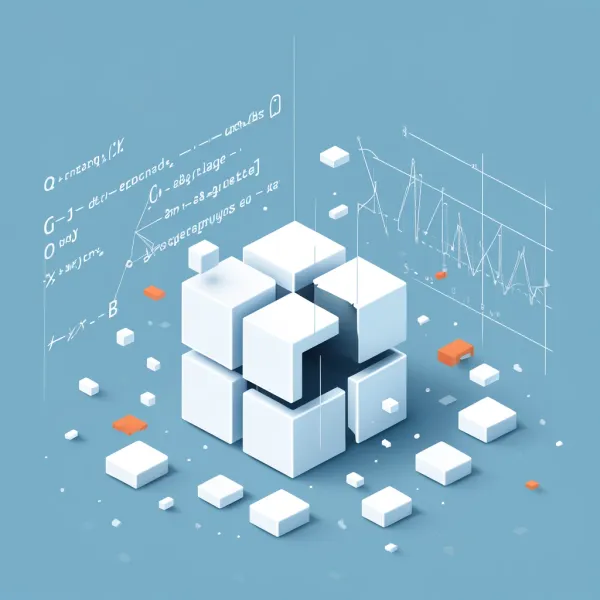Memory Forensics: Unraveling Digital Secrets
Memory forensics, an essential component of digital forensics, is the art and science of analyzing a computer’s volatile memory to uncover…

Memory forensics, an essential component of digital forensics, is the art and science of analyzing a computer’s volatile memory to uncover vital information in cyber investigations.
It involves identifying, preserving, and examining data found in a system’s Random Access Memory (RAM) during an investigation.
This article will provide an in-depth understanding of memory forensics, its applications, methodologies, tools, and challenges.
Applications of Memory Forensics
Incident Response: Memory forensics can help identify and mitigate threats in real-time during a cyber attack.
Malware Analysis: By examining a system’s memory, investigators can identify and analyze malware signatures and behaviours, facilitating the development of countermeasures.
Cyber Crime Investigations: Memory forensics aids in gathering crucial evidence to prosecute cyber criminals.
Data Recovery: Memory forensics can help recover information from RAM when data has been lost or corrupted.
Memory Forensics Methodology
The process of memory forensics can be divided into three primary stages:
Data Acquisition: The first step involves capturing the volatile memory from the target system. Various techniques, such as software-based memory imaging, hardware-based memory acquisition, and live system analysis, can be employed.
Data Analysis: This stage requires specialized tools to parse and interpret the collected memory data. Investigators will analyze the memory dump, looking for artefacts such as running processes, network connections, and user activity.
Reporting and Presentation: The final stage involves presenting the findings in a clear, concise, and structured manner, allowing decision-makers to take appropriate actions.
Memory Forensics Tools
Numerous tools are available for commercial and open-source memory forensics, catering to various needs and platforms.
Some popular tools include:
Volatility: A widely-used open-source memory forensics framework, Volatility allows investigators to extract digital artefacts from volatile memory.
Rekall: An advanced memory forensics framework, Rekall provides a versatile and extensible platform for memory analysis.
Magnet RAM Capture: A free tool by Magnet Forensics, investigators can quickly and easily capture RAM data from Windows systems.
FTK Imager: A powerful commercial tool from AccessData, FTK Imager can capture and analyse memory images for digital artefacts.
Challenges in Memory Forensics
Volatility of Data: Due to the volatile nature of RAM, data can be lost or overwritten during the acquisition process, resulting in incomplete or inaccurate analysis.
Encryption: Cyber criminals' increasing use of encryption and obfuscation techniques complicates the memory analysis process.
Evolving Technology: The rapid evolution of hardware and software requires memory forensics experts to adapt and update their skills and tools continuously.
Legal and Ethical Considerations: Memory forensics practitioners must navigate a complex landscape of legal and ethical guidelines to ensure the admissibility of their findings in court proceedings.
Memory forensics is a critical component of digital investigations, offering unique insights into a system’s inner workings during a cyber attack or other security incidents.
By understanding the methodologies, tools, and challenges associated with memory forensics, cybersecurity professionals can better equip themselves to tackle evolving cyber threats and safeguard their organizations’ digital assets.
Follow me on Medium, LinkedIn, and Twitter.
All the best,
Luis Soares
CTO | Head of Engineering | Cyber Security | Blockchain Engineer | NFT | Web3 | DeFi | Data Scientist
#cyber #cybersecurity #cyberattack #forensics #cyberforensics #investigation #cybercrime #malware #antivirus #memory #computers #assembly #tools #threat #security #devsecops #vulnerability #hacker #hacking #prevention #reverseengineering #softwaredevelopment #software



